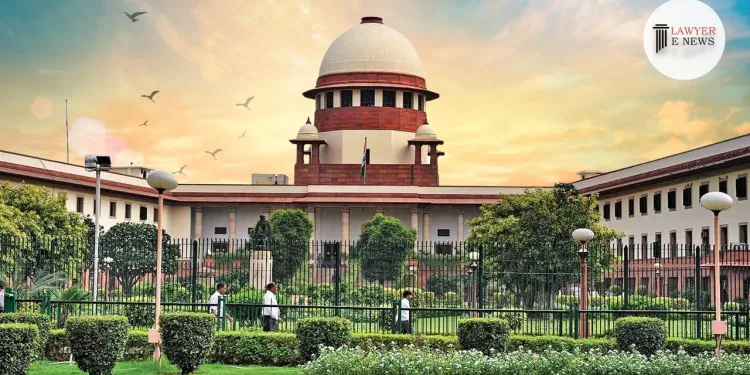Supreme Court Commutes Death Sentence in Politically Motivated Mass Murder Case: Possibility of Reformation and Conduct in Prison

In a landmark decision, the Supreme Court of India has commuted the death sentence of Madan, convicted in a case of multiple murders arising from political rivalry. The apex court, in its judgment delivered on November 9, 2023, has sentenced Madan to 20 years of imprisonment without remission, taking into account various mitigating factors including his age, conduct in prison, and the potential for reformation.
The case, which has been under judicial scrutiny for years, pertains to an incident of brutal and indiscriminate firing in Uttar Pradesh, leading to the death of six individuals. The High Court of Allahabad had earlier upheld Madan’s death sentence, while commuting co-accused Sudesh Pal’s sentence to life imprisonment.
Justice B.R. Gavai, delivering the judgment, highlighted the importance of considering both the crime and the criminal. “The Court must not be limited only to two punishments… A far more just, reasonable, and proper course would be to expand the options,” he observed. This statement underscores the court’s approach in balancing the severity of the crime with the characteristics and circumstances of the convict.
The Supreme Court’s decision was influenced by the detailed testimonies of key witnesses, who consistently identified Madan and his accomplices as the perpetrators. Despite the prosecution establishing a strong case of political enmity and premeditated murder, the court found compelling reasons to alter the sentence.
Significantly, the court noted that during Madan’s incarceration of over 18 years, he displayed good behavior and no history of prison offenses. “The evidence shows that there is a possibility of the appellant being reformed,” the judgment read, emphasizing the potential for rehabilitation.
Legal experts view this judgment as a reaffirmation of the principles laid out in the ‘rarest of rare’ doctrine, which mandates a careful and nuanced approach to awarding the death penalty. The court’s decision to opt for a sentence that bridges the gap between life imprisonment and the death penalty reflects a move towards a more rehabilitative approach in the criminal justice system.
The judgment also highlights the role of the judicial system in ensuring that while justice is served for heinous crimes, it also considers the humanistic aspects of reformation and rehabilitation. This decision is expected to have far-reaching implications in the realm of criminal jurisprudence, especially concerning capital punishment in India.
Date of Decision: 9 November 2023
Madan VS State of Uttar Pradesh






